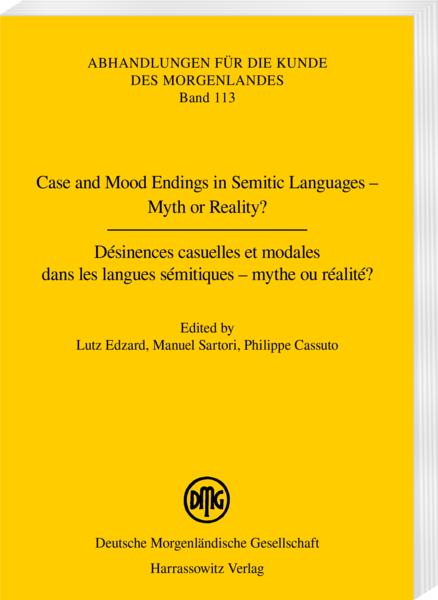 Avital Ronell's new book, Complaint, is not really about the recent harassment case, writes Scott McLemee. At the same time, it’s not exactly not about it. More...
Avital Ronell's new book, Complaint, is not really about the recent harassment case, writes Scott McLemee. At the same time, it’s not exactly not about it. More...Ronell's Complaint
 Avital Ronell's new book, Complaint, is not really about the recent harassment case, writes Scott McLemee. At the same time, it’s not exactly not about it. More...
Avital Ronell's new book, Complaint, is not really about the recent harassment case, writes Scott McLemee. At the same time, it’s not exactly not about it. More...






/https%3A%2F%2Fprofilepics.canalblog.com%2Fprofilepics%2F1%2F0%2F1076071.jpg)